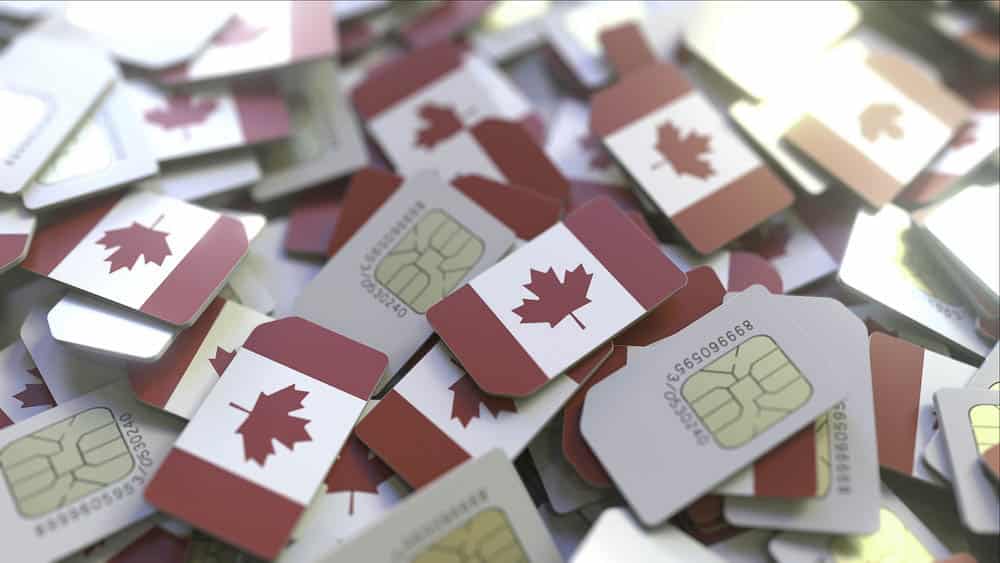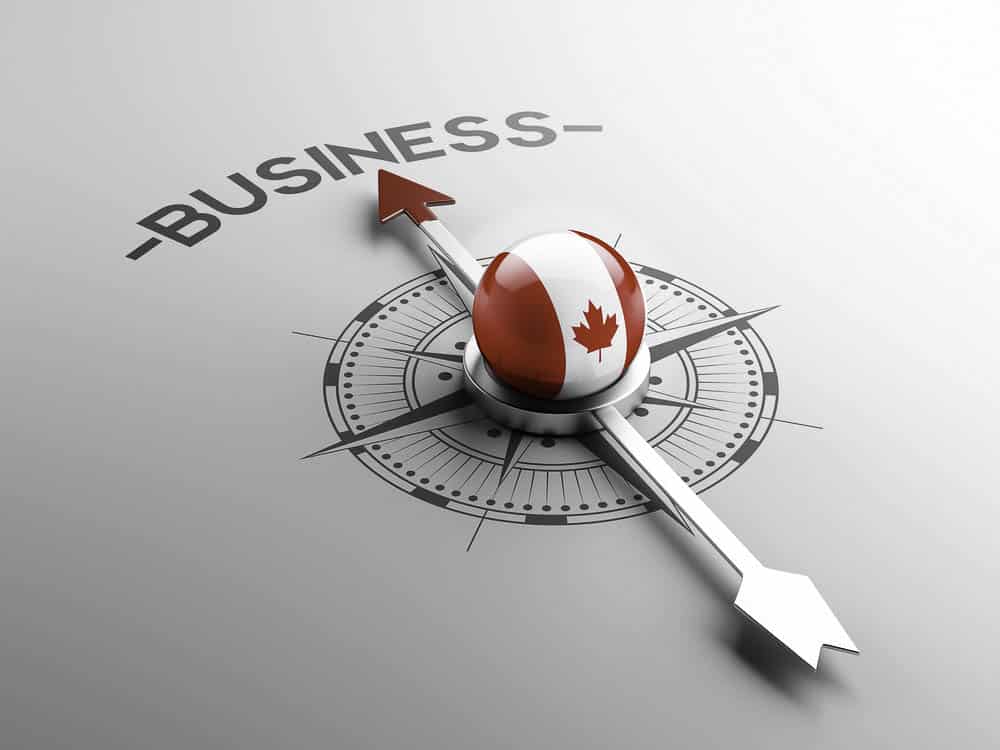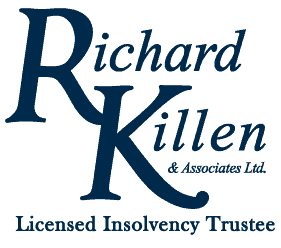Resources to Get Financial Help and Manage Bills and Debt Payments During Coronavirus
Posted on: March 27, 2020Posted in Advice from Richard | Comments Off on Resources to Get Financial Help and Manage Bills and Debt Payments During Coronavirus

Much of our lives have been put on hold due to the impact of the coronavirus. Sadly, though, bills still keep coming in and due dates for debt payments haven’t stopped. As with many Canadians, your budget is not prepared for the potential economic impact of this pandemic illness and there is stress and anxiety right now in not being certain if you will be able to keep paying your bills and manage debt payments during the coronavirus crisis.
You may be wondering:
- How will I pay my bills?
- How do I keep paying my mortgage?
- How can I save money if I’m unable to work?
- How will I be able to care for my family?
We know there may be little we can do to take away the fears and worries you may have right now. It may help put you at ease if you know that there are things you can do if you’re struggling to pay things like your mortgage or energy bills because of coronavirus.
Yes, you can get help and financial support if you are facing financial difficulties due to COVID-19. You are not alone in this. Many fellow Canadians are in the same boat as you.
Here we’ve gathered as much information to help you understand what help is out there and how you can get access to them.
Financial Support from the Government

There is help available from the federal and provincial governments. A number of helpful financial relief measures are in place or will take effect in the coming weeks to try and assist Canadians to cope under these strange conditions. Some highlights:
- If you have work and are unable to work because of COVID-19 related illness, injury, quarantine, or the need to self-isolate, you can apply for Employment Insurance (EI) sickness benefits and obtain up to 15 weeks of income replacement.
Special exemptions to note:
-
- The one-week waiting period will be waived for new claimants who are quarantined
- Claims of those under quarantine will be prioritized
- Those claiming EI sickness benefits due to quarantine will not have to provide a medical certificate
- Those who cannot apply for EI sickness benefits now may be able to apply later and have their claims backdated.
More information on how to claim Employment Insurance benefits can be found here.
- On March 25, 2020, the Government announced the release of the Canada Emergency Response Benefit which would provide $2,000 a month for up to 4 months to all workers – including self-employed workers, contract workers and those without paid sick leave – who are quarantined, sick with COVID-19, caring for a family member who is sick with COVID-19, or are staying home to care for their children due to school closures.
- By May 2020, low- or modest-income families will get a one-time special payment through the Goods and Services Tax Credit (GSTC) which will provide an additional benefit of $400 to single individuals and $600 for couples.
- The annual Canada Child Benefit (CCB), which is given in May each year, will provide an increase of $300 per child only for the year 2019-2020. This will mean roughly about $550 more for families with kids.
- For Canadian students currently paying their student loans, you will not be required to make repayments for six months and you will not be charged interest or penalties for this. You can also have the terms of your loan changed if you need more time to pay. Find out more here.
- For Canadian seniors with Registered Retirement Income Funds (RRIFs) and Registered Pension Plans, the required minimum withdrawals is reduced by 25% for 2020.
- There will be more time to pay income taxes as this will be deferred until June 1, 2020. More details here.
Details on the government programs are updated as they may be revealed in the days and weeks to come. Make sure to keep yourself informed by checking here: Coronavirus Disease (COVID-19) Support for Individuals and Families
Each Canadian province and territory also has support measures in place provided by the local government. For information on how they’re providing COVID-19 financial support, click on the link to visit your provincial or territorial government’s website:
|
Financial Help from Banks, Credit Card Companies and Mortgage Lenders

Canada’s banks and lending institutions have stepped up and are offering help to clients whose finances have been impacted by the coronavirus crisis. This assistance can include:
- Postponement of mortgage payments for up to 6 months,
- Deferred payments on car loans, and
- The possibility of temporary relief of credit card payments and other credit products.
If you’re unable to stay current on mortgage payments, credit card payments and car loan payments, we urge you to contact your bank or credit card company to find out how they may be able to help you. Each case is assessed on a case-by-case basis, and each company will have different programs in place that can assist so you don’t fall behind on payments and face unnecessary fees and penalties.
Energy Bill and Water Bill Assistance

Many utility companies are also announcing assistance plans to provide flexible payment terms to those struggling to pay electric, gas and water bills because of COVID-19. They will also adopt other measures such as not applying administrative charges for unpaid bills, and they will not disconnect customers during this time of uncertainty.
Check with your local utility company to see what kind of relief assistance you may be able to avail.
Help from Communication Providers

Communications companies such as Bell, Rogers, Shaw, Telus, Videotron, and Cogeco are also providing allowances to help you manage your internet and phone bills during this time of crisis, which can include waiving some internet overage, long distance, or roaming fees. Check with your local provider to see what type of help can benefit you.
Financial Support for Businesses

There is also help for your business.
The Business Development Bank of Canada (BDC) has programs in place to provide support for Canadian entrepreneurs impacted by the coronavirus. Clients and non-clients can avail of the relief program if they qualify. If you’re interested, you can get more information at the BDC website.
The Canadian government also has measures to help support businesses hit hard by the COVID-19 crisis. Check out government programs that may apply to your type of business – Canada’s COVID-19 Economic Response Plan Support to Businesses
For provincial and territorial support for businesses, check out your own province’s government website for relief measures that can help your business transition through these financially difficult times.
Getting Help from a Licensed Insolvency Trustee

Getting help from trusted professionals is one of the best ways to learn how to manage your bills and debt payments during the coronavirus crisis. For one, they can provide accurate information on the best ways to deal with debt. Licensed insolvency trustees, for example, can look at legal options that can provide you with legal protection from creditors. A LIT can also evaluate your unique circumstances and determine if you are creditor proof.
As Licensed Insolvency Trustees, Richard Killen and Associates are committed to providing free consultation to our clients throughout Toronto and the GTA who may want to find out the best ways to manage changes to their finances during the current crisis.
Our team is working from home and our phones and emails are always open for counseling and consultation. If you feel the need to talk, please feel free to contact us or leave a message at our website and we will get in touch with you as soon as we can. Due to the COVID-19, our staff is available for consultation via phone or video chat. Call us a 1-888-545-5365.










